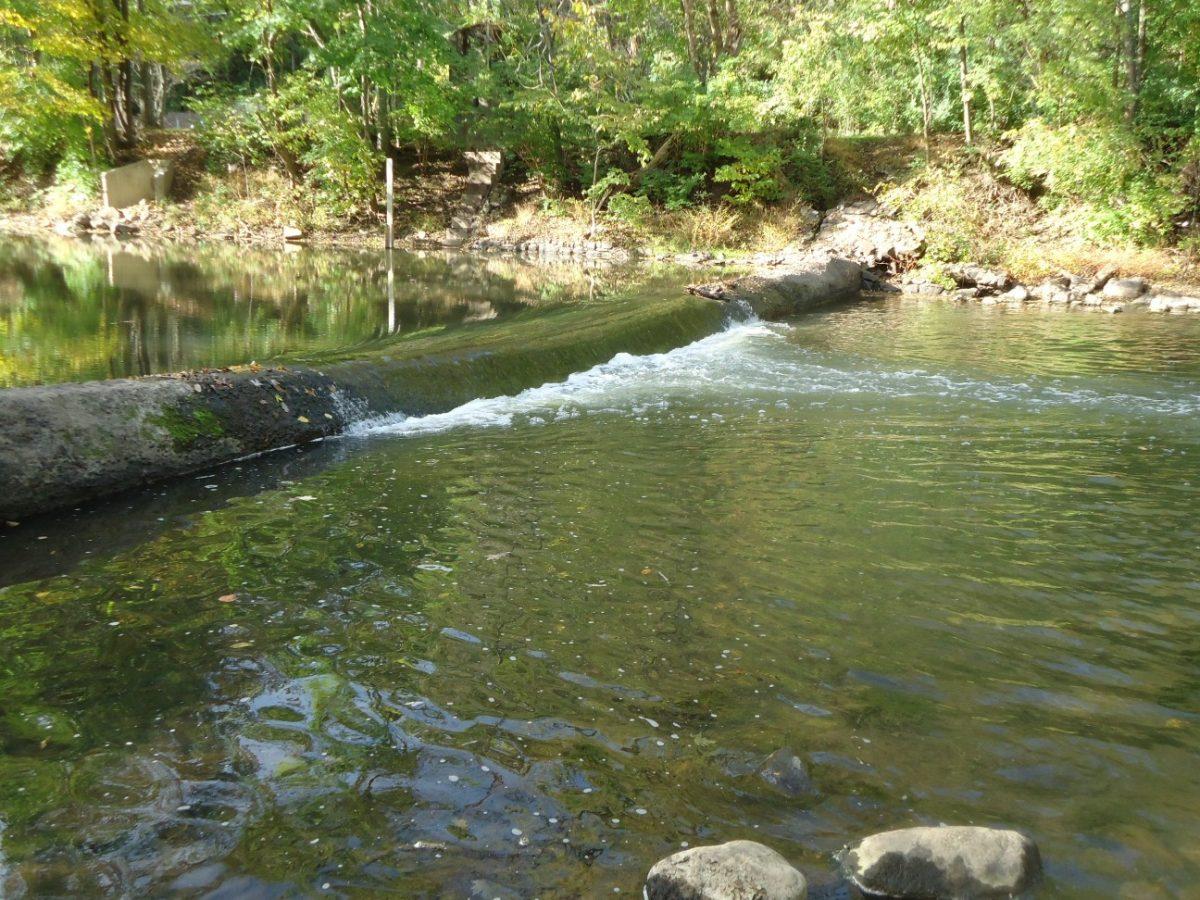On Dec. 20, 2022, a collaborative research team led by NJIT researchers received a $778,000 grant from the New Jersey Department of Environmental Protection, or NJDEP. This grant was part of a wider allocation of $10 million by Governor Phil Murphy’s administration, aimed towards water quality improvement projects across New Jersey.
Federal funding for this project comes from the American Rescue Plan Act, an economic stimulus bill passed in 2021 to help the nation recover from the COVID-19 pandemic. The flexible nature of the $6.2 billion given to the state of New Jersey allows the government to freely fund environmental improvement projects spearheaded by state institutions such as NJIT.
“These grants will help a diverse group of DEP partners implement projects that will reduce the harmful effects of stormwater, nonpoint source pollution and harmful algal blooms that will only worsen due to the impacts of climate change,” said Shawn M. LaTourette, commissioner of the NJDEP. “On behalf of the Murphy Administration, we are excited to facilitate these projects in various overburdened communities to meet department environmental justice and statewide water quality goals and objectives.”
This project is especially relevant for Newark; the Passaic River flows along the downtown area of the city, which is considered one of the most industrialized parts of New Jersey. Compounding this problem, the Passaic River is heavily polluted from decades of manufacturing as part of Newark’s industrial history. As a result, its lower portion, which straddles the Ironbound neighborhood, is considered one of the most toxic stretches of water in the United States.
NJIT-affiliated groups have previously made use of NJDEP funding for water quality and cleanup projects. Notably, in 2013, these funds were utilized to enhance flood mitigation efforts in the Hackensack, Little Ferry, and Moonachie areas, and in the summer of 2022, the funds were used for the creation of a boat to harvest algal blooms from lake surfaces.
For this specific project, a collaborative team was established among NJIT civil and environmental engineering professor Michel Boufadel, Stevens Institute of Technology environmental engineering professor Dibs Sarkar, and Rutgers environmental sciences professor Christopher Obropta. This group will identify and offer remediations towards pollution sources damaging selected lakes and watersheds.
Pollutants and excess nutrients entering these bodies of water can cause harmful algal blooms. These growths can either release toxins into the water or use up a body of water’s oxygen supply, suffocating any living organisms living within. While destructive to aquatic ecosystems, humans are especially affected by depleted fish stocks, poisoned drinking water, and accumulated cleanup costs.
Even lakes that have not been exposed to industrial pollution are bearing the brunt of overfertilization. Septic tanks, fertilized lawns and gardens, and stormwater all wash fertilizers containing phosphorus, which promotes the growth of invasive weeds such as milfoil, coontail, and water chestnut. Amongst 245 New Jersey lakes tested by the Environmental Protection Association, over 80 contained excess phosphorus.
Additionally, the growth of algae and cyanobacteria in these lakes has become a major concern. The Lake Hopatcong Foundation estimates that one pound of phosphorus can cause the growth of up to 1,000 pounds of algae. Meanwhile, cyanobacteria blooms have caused lake closings because they release toxins that can cause ear, throat, and gastrointestinal infections.
Retrofitting rain gardens is also an objective laid out by the group. Rain gardens are a depressed part of land fitted with grasses and perennials, created to both direct runoff into permeable soil and filter out potentially harmful pollutants. However, many rain gardens are limited in their filtering capabilities and may even contribute to introducing pollutants to the area when overfed with fertilizer.
To combat this, green engineered mulch can replace the typically used fertilizer to increase the garden’s ability to filter. One rain garden in Secaucus has been field tested successfully with this mulch. Funds from the NJDEP grant will go towards retrofitting two more rain gardens in the area.
Newark has a very low proportion of trees and is mostly composed of asphalt and concrete, meaning that stormwater is very rarely absorbed into the ground. Instead, it leaches chemicals from the pavement and blacktop and flows into nearby bodies of water. However, nonprofit groups such as Clean Water Action are working on the construction of effective rain gardens to soak up stormwater.
Finally, an additional portion of the grant will be used to improve community education and engagement around the selected lakes. Teaching local high school students about green infrastructure and its benefits has been emphasized. Workshops involving affected communities will be organized, allowing people to both offer input on and be informed about future initiatives from the group.































